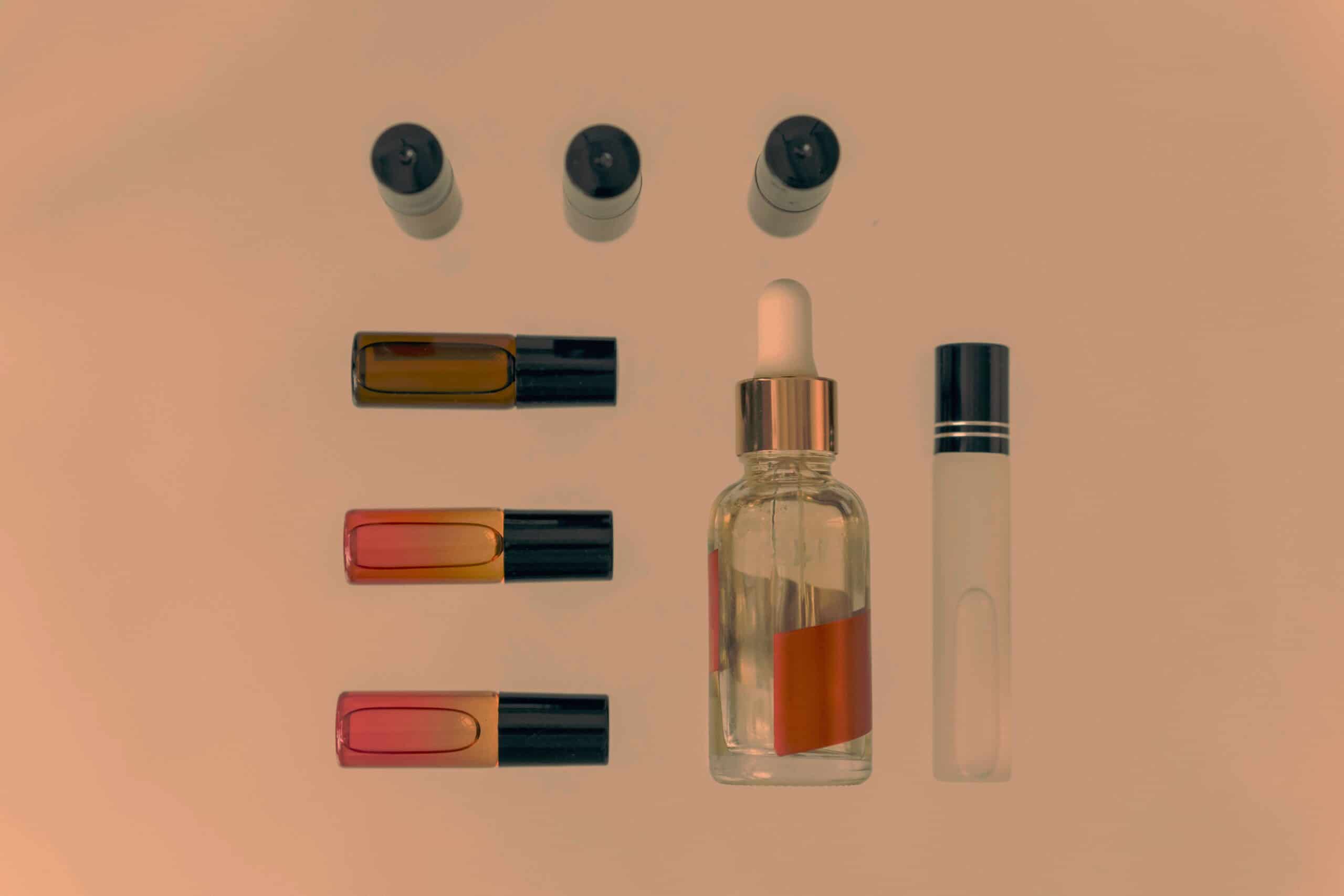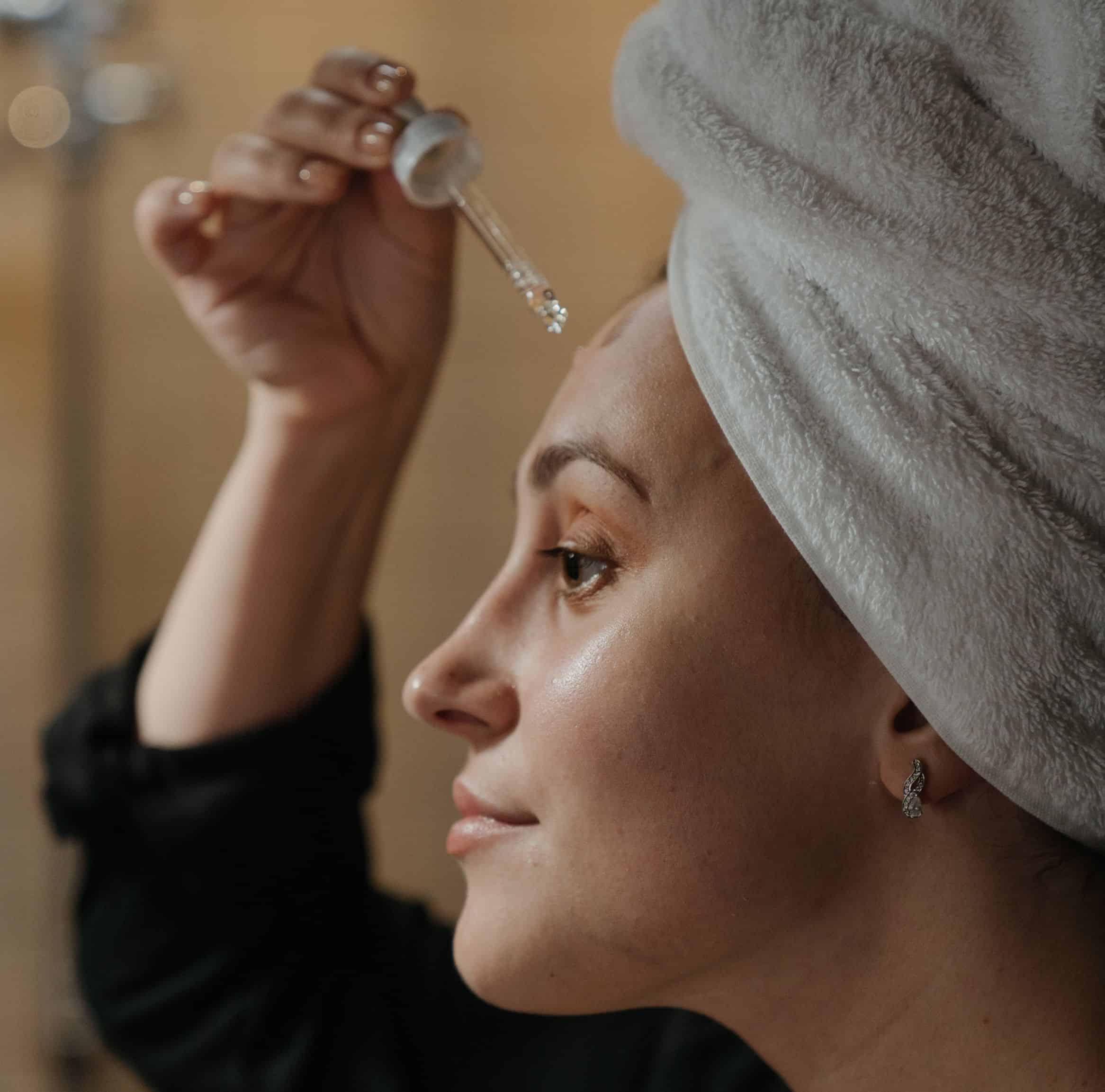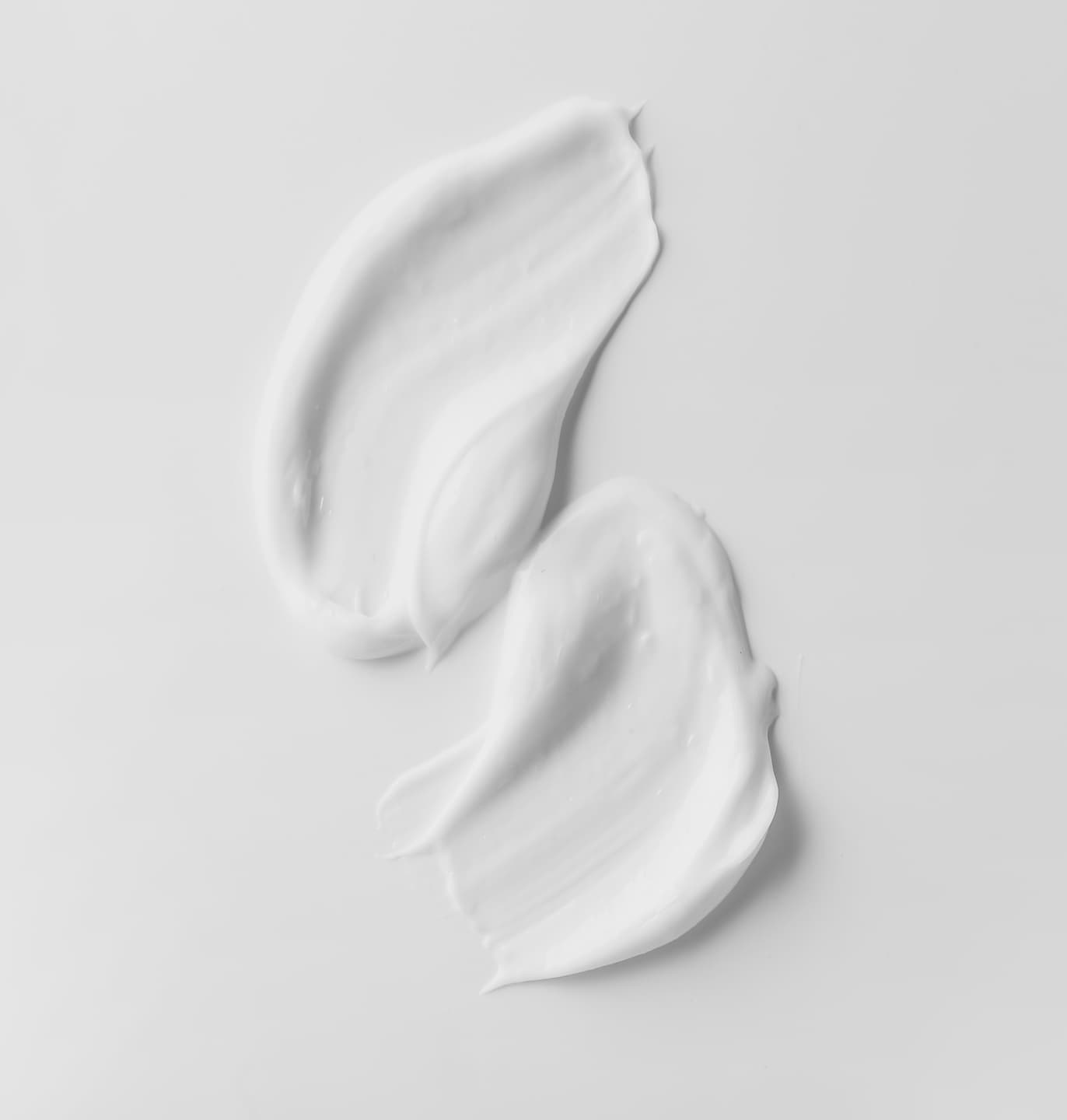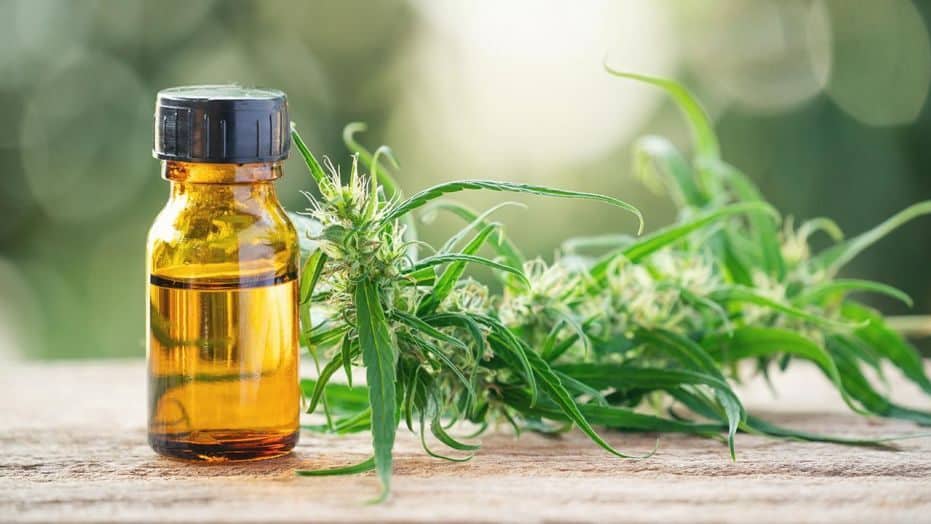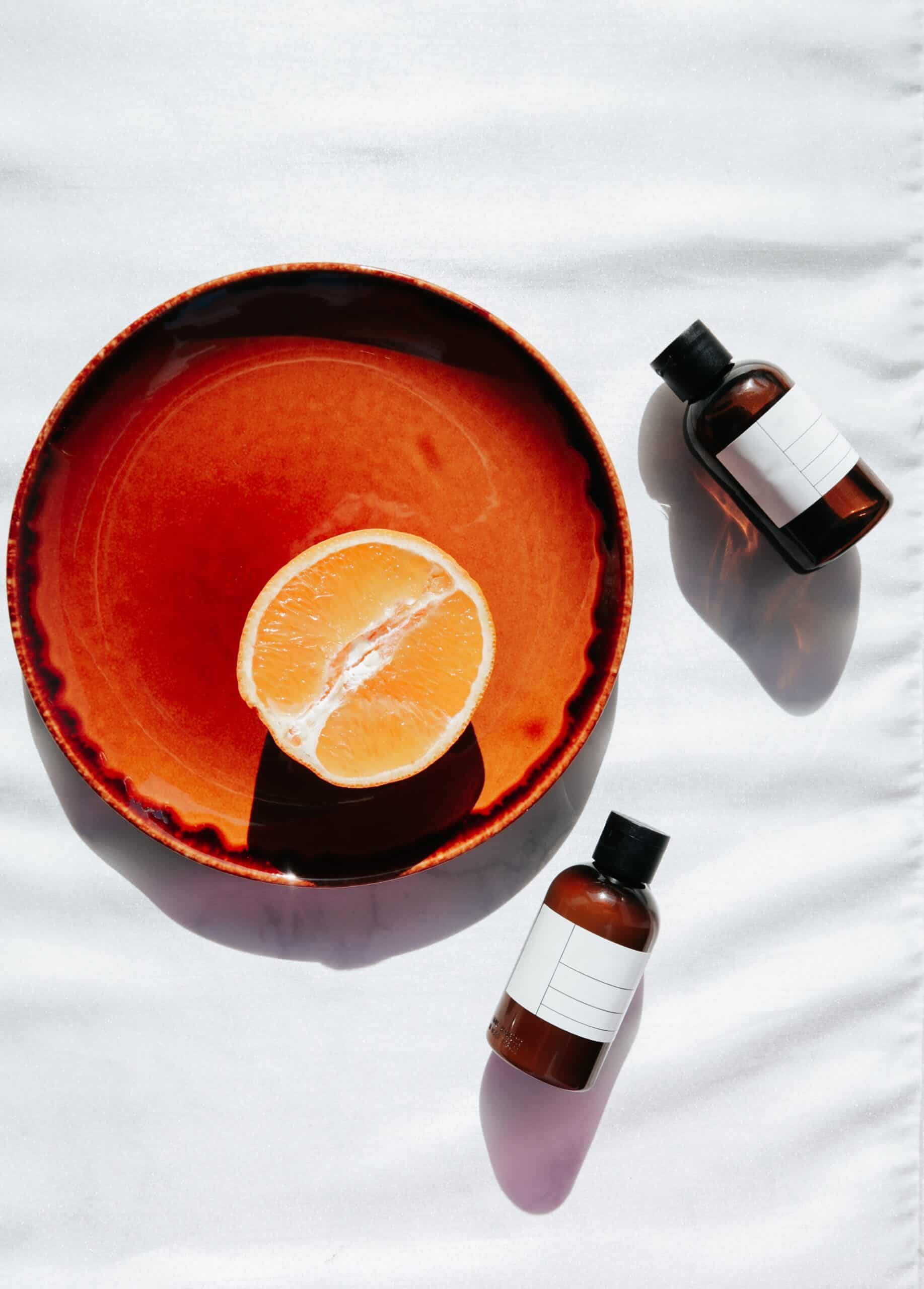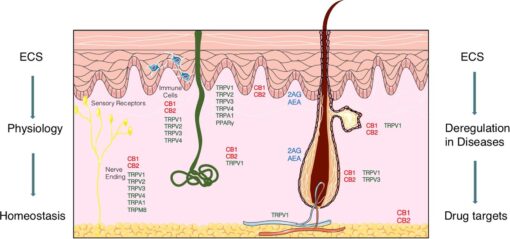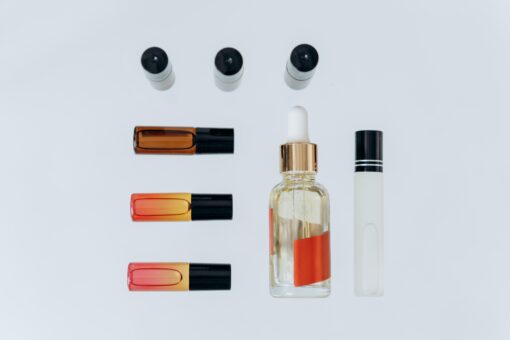CBD vs. Hemp Skin Care Products What’s The Difference?
Now that CBD is legal in most parts of the world, and its topical application, more and more skin care products using CBD or hemp would continue to emerge in the market. However, understanding the difference between various terms could be pretty tricky.
Nevertheless, knowing the difference is essential for choosing the right kind of product. For example, when it comes to health benefits or benefits for skin care, CBD-containing products may differ quite a bit from hemp skin care products.
These two do share lots of similarities, and yet they are different. That is why there is so much confusion around it. Here we will explain all the possible similarities between the two and the differences. We will also discuss the advantages and disadvantages of each.
Aren’t CBD & Hemp Skin Care Products Essentially the Same Thing
Theoretically, they might be the same, but that is rarely the case in practice. So first and foremost, it is essential to understand that all these are products of the Cannabis Sativa plant. Both CBD and hemp are extracts of the same plant but different parts.
Traditionally, all cannabis plants have been divided into two groups; hemp and marijuana. Hemp has been used to produce industrial products, fibers, and foods and is low in THC (less than 0.3%); therefore, it does not cause euphoria. Marijuana is just any cannabis plant species high in THC that causes euphoria, and people use it primarily for recreational purposes, though sometimes for medicinal reasons.
It means that all cosmetic products contain hemp extracts and not marijuana. It is because hemp is legal to grow in most nations, including the EU.
However, legally grown hemp also contains minute amounts of THC, along with 100s of cannabinoids. However, the concentration of cannabinoids varies in different parts of the plant. Thus, CBD extract is from the plant’s flowers, leaves, and stalk.
On the other hand, the word hemp means hemp seed oil in most cases. Hemp seed oil is naturally deficient in THC, low in cannabinoids, but rich in other phytonutrients like omega-3 fatty acids and other antioxidants.
So, despite both the CBD and hemp seed oil coming from the same plant, they are the extracts of different parts of the plant, with different chemical compositions and health benefits. Thus, their role in skin care also differs.
There are hundreds of cultivars of the Cannabis Sativa plant. Generally, most countries maintain a list of low THC plants that are legal to cultivate. For example, the EU commission has its list of cannabis Sativa plants varieties, and one can grow these cannabis plants legally in the EU.
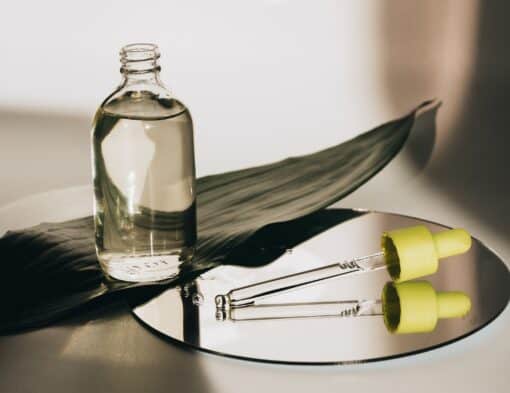
Hemp vs CBD Skin Care: The Similarities
Though quite a different thing, nonetheless, CBD and hemp skin care products might share many similarities. Hemp skin care products mean hemp seed oil with omega-3, omega-6 fatty acids, and other antioxidants. Hemp seed oil only has traces of CBD or other cannabinoids.
CBD skincare would still use some type of carrier oil that may also contain omega-3 and antioxidants.
Thus, it would be correct to say that both hemp and CBD skin care products would be oil-based, have a moisturizing effect, reduce skin irritation, and boost skin barrier function.
Both are similar in that they are by-products of the hemp plant or so-called cannabis plant species that predominantly contain CBD and are extremely low in THC.
The good thing about legally grown cannabis/hemp plants is that every part of them has some use and industrial value.
White Label CBD Skin Care
Expand your business with pre-formulated CBD products. We ensure quality and safety at the highest levels.
White label CBD cosmetics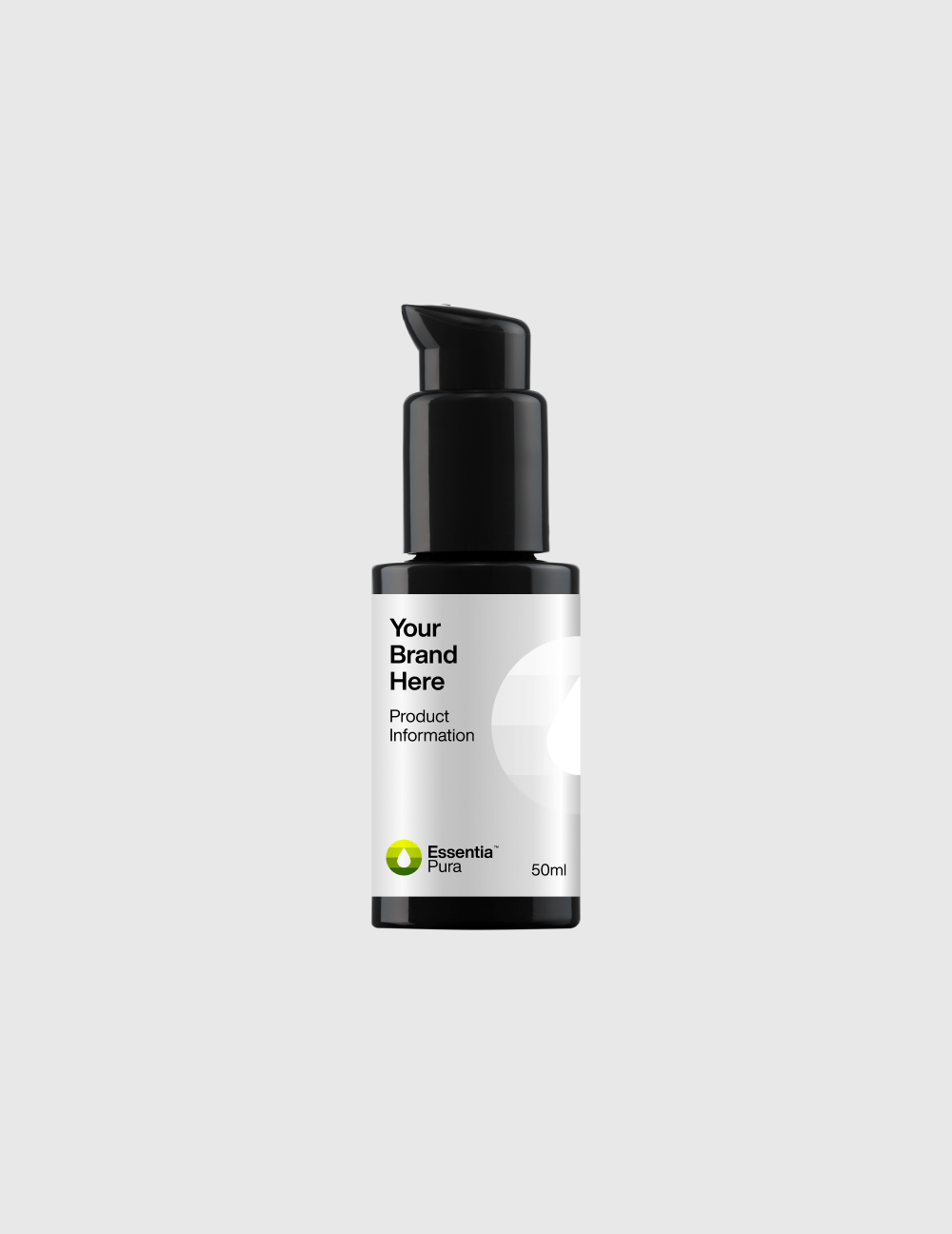
Hemp vs CBD Skin Care: The Differences
Though both hemp (seed oil) and CBD are extracts from the same plant, they are extracts of different plant parts, thus making them quite different products.
CBD skin care products would be rich in cannabidiol, and they might or might not have other components. Manufacturers often would produce it using either CBD isolate, which is 99% pure CBD. Or they might use CBD distillate, which contains other cannabinoids and is a broad spectrum.
On the other hand, hemp or hemp seed oil does not contain any CBD at all. Even if it contains CBD, it is present in traces. However, it does contain omega-3 fatty acids and other antioxidants. Additionally, it has all the benefits of plant oil for the skin.
It would be correct to say that these are very different products. It would be wrong to call hemp seed oil a CBD skin care product. It is just a kind of plant oil extracted from cannabis plant seeds. Thus, those looking for the benefits of CBD must avoid hemp skin care products. However, hemp seed oil also has uses in skin care, something one should keep in mind.
List Some of the Key Differences
The critical difference between the two is that CBD skin care products must contain CBD (cannabidiol) as an active ingredient. Although, it may also include some other components.
Hemp word indicates that cosmetics contain hemp seed oil, which is naturally CBD and THC-free. Though it may contain traces of cannabinoids due to cross-contamination, the significance of such small amounts of cannabinoids is unclear.
The hemp seed oil has all the benefits of healthy plant-based oil for the skin. In addition, it is rich in omega fatty acids along with other antioxidants. Products made using CBD isolate may not have these benefits.
Thus, CBD and hemp cosmetics are pretty different; hence both may have various benefits in skin care.
There is another crucial difference worth noticing between the two. It appears that generally, the female cannabis plant grows longer, producing large buds. However, male plants have lots of seeds and fiber. Thus, most CBD comes from female plants. However, hemp seed oil and hemp fiber for industrial use come mainly from male cannabis plants.
Additionally, it is worth understanding that CBD cosmetics might have some legal issues in some nations. For example, the manufacturer of such products would need to prove that their product is unfit for consumption, and it is free from THC or only contains it in traces.
From the legal point of view, hemp skin care products are simpler to market and sell. They require fewer documents, and hemp seed oil is legal almost everywhere in the world.
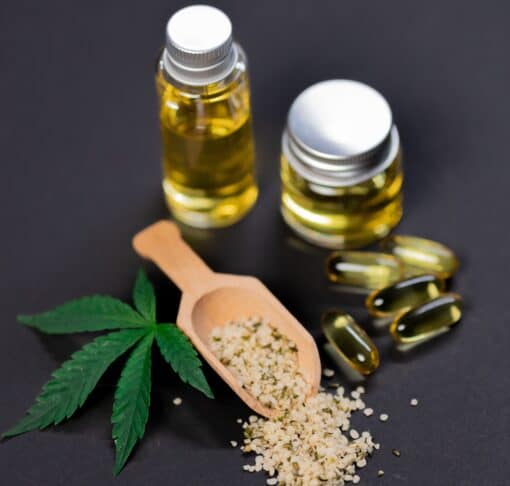
Hemp vs CBD Skin Care Products: Which Is Better for My Skin
Both hemp and CBD skin care products are suitable for skin. However, their benefits may differ. CBD health benefits for skin are quite different compared to hemp skin care benefits.
CBD’s health benefits for the skin include its ability to reduce sebum production and exert potent anti-inflammatory action. Thus, CBD for skin is good for preventing and managing acne. CBD cosmetics are also suitable for those living with anxiety and inflammation.
Private Label Custom Formulations
Retail-ready formulas not your type? Reach out and develop your own custom formulation.
Private label cosmetics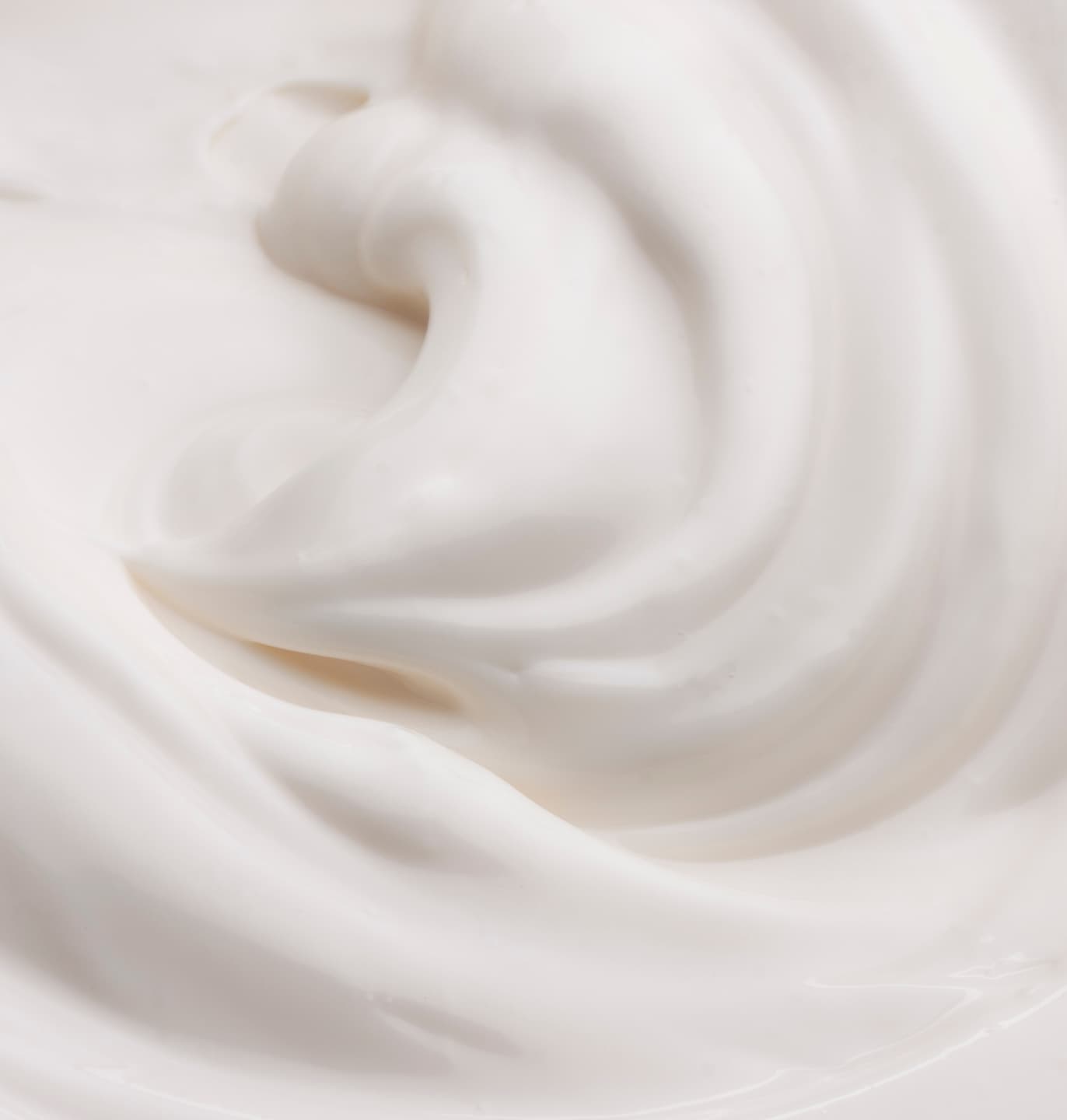
CBD cosmetics work by affecting the endocannabinoid system (ECS). ECS may also stimulate regenerative processes in the skin, thus helping in skin irritation and boosting healing processes. In addition, CBD products also exert antioxidant action.
Since hemp does not contain CBD or THC, it works quite differently. Hemp skin care products contain cold-pressed hemp seed oil. This oil is exceptionally nourishing for the skin. It is rich in omega-3 fatty acids, suppresses bacterial growth, boosts skin barrier function, reduces the effects of environmental toxins on the skin.
What is hemp vs. CBD skin care? To conclude, CBD cosmetics may have some benefits in specific skin conditions like acne. It is also suitable for managing oily skin. Additionally, the skin absorbs some CBD, resulting in reduced anxiety and having a calming effect.
On the other hand, hemp has all the nourishing benefits of plant-based oil. In addition, it may be suitable for dry skin.
Both CBD and hemp cosmetics may be good for skin allergies and conditions like atopic dermatitis. Both can exert a soothing effect, reduce inflammation, and suppress allergic reactions.
To sum up, hemp vs. CBD skin care are pretty different things. Although they may have shared origins and some benefits, one contains all the benefits of cannabinoids, while the other does not.
Still unsure about what is better for skin, hemp, or CBD? write us, we are always happy to help you out, and together we can make the right desicions.
